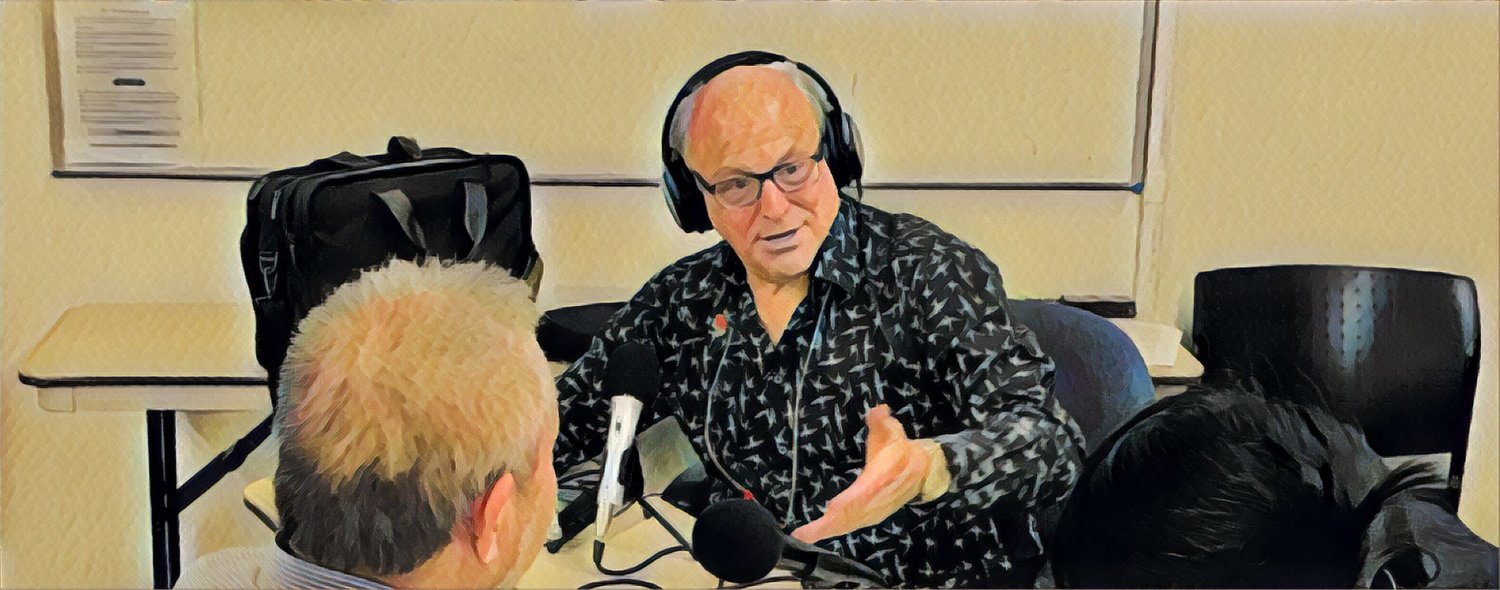What does emergence have to do with the education of children, families, and professionals? The current paradigm of learning is logical positivism—something is real, is knowable, if it can be measured, counted and replicated by following a stated methodology. There is a fixed reality and it can be found by using the scientific method.
Emergence is a (relatively) new paradigm. Here is a brief encapsulation of the dynamics of Emergence (capitalized now as it is the proper name of a well-respected paradigm):
Healthy initial conditions + open communication within the environment lead to greater complexity. Greater complexity leads to new healthy initial conditions.
Initial conditions refer to the moment of engagement. Consider your moment as read this. Scanning it at work? In the midst of a rock concert? Quietly concentrating while considering whether Summa is right for your family? Obviously, the conditions in which you engage this blog influence the value of your experience.
Open communication with the environment means the ability to interact with your world in safety and trust. It is a term coined by Noble Laureate Ilya Prigogine for his work with molecules. Prigogine found that molecules in a nurturing environment (initial conditions) select that which allows them to self-organize to greater complexity. Now, more complex forms of molecules emerged. We create open communication at Summa in the space between. Greater complexity means the ability to inhabit a greater variety of niches while bringing forth greater relevance, meaning, and growth—which, of course, is a new healthy initial condition.
Important points to note about Emergence:
There is no fixed, final body of knowledge. Paraphrasing renowned physicist/philosopher David Bohm, knowledge itself is emergent. This reveals logical positivism as severely limited which positivism did not predict.
Humans are open, dynamic systems continually emerging. (And so we wave goodbye to those who believe that early childhood is everything.)
Emergence is non-linear. The results of a given event become the initial conditions for the next event. As entropy only refers to closed linear systems, it is fair to say that the concept of entropy is, well, entropic.
Children are emergent beings with the ability to self organize to greater complexity. Dysfunctional behavior rises when initial conditions and open communication are thwarted. Certainly, they are not little vessels waiting to be filled with data.
Fixed notions of who the child should be, such as competitor in the global marketplace, undermine learning. Academic excellence thrives in Emergence.
Change that occurs accidentally, or as the result of restricted initial conditions and lack of open communication, leads to less complexity, to dullness, to flat-line.
